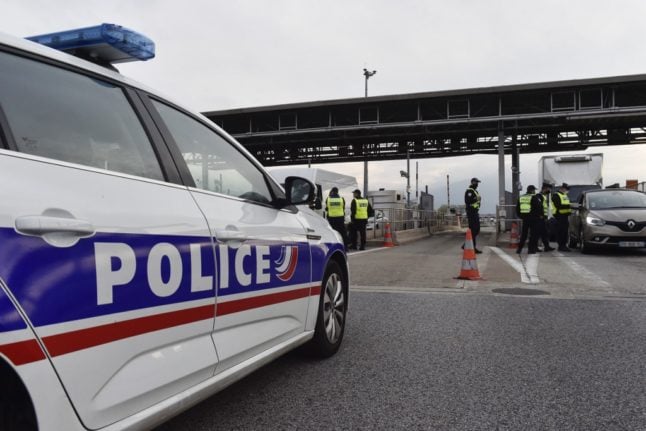Until December 15th…
Before December 15th there will essentially be no change in the rules of travel to and from France.
That means it's not allowed unless travellers meet one of the strict criteria listed on the exemption certificates (attestation de déplacement dérogatoire) that people in France must carry whenever they leave the home. Valid reasons include an vital family reason (but not a family visit) or for work. Travel to second homes does not count as essential.
This rule has been in place since the start of the second lockdown on October 30th.
While France's borders with EU and Schengen-area countries have officially remained open, the second lockdown meant tourism to France has been banned as has non-essential visits to family members. Those who own second homes in France have not been allowed to travel to the country.
Although those who are due to move to France in the next few weeks are permitted to go ahead with the move.
After December 15th
Macron announced on Tuesday that France would end its second lockdown on December 15th, albeit only if the number of daily infections dropped below 5,000 and the pressure was eased on hospitals.
If all goes to plan, then lockdown would end and along with it the exemption certificates. That would mean non-essential travel from within the EU, the UK and Schengen area would once again be permitted.
This means tourist, family visits and trips to second homes in France would again be permitted.
However travellers would be advised to check the conditions and rules of travel from their home country regarding France. For example the UK is still advising against all non-essential travel abroad which impacts travel insurance policies.
Many countries also have rules in place regarding arrivals from France.
The UK requires anyone arriving into the country from France to quarantine. However the period of quarantine will be cut to five days from 14 after December 15th – if travellers take a test which they may have to pay for.
READ ALSO Which countries are imposing quarantines and testing on arrivals from France?
And travel from outside the EU Schengen area?
Nothing has changed on this front in recent weeks and months. Essentially the EU are closed to all non-essential travellers apart from those on an ever-shortening list of safe countries.
Anyone travelling into France from outside the EU, UK or Schengen area needs an attestation de déplacement international dérogatoire (the international exemption certificate), which is required for those travelling in from outside the EU-Schengen area.
Residents of France can return to the country from outside the EU and foreigners currently in France are also allowed to return to their country of residence.
Will the UK still be exempt from travel restrictions after December 31st?
On January 1st 2021 the Brexit transition period ends and Britain officially becomes a non-EU country. The European Commission told The Local that a decision is yet to be made whether or not the UK will be added to a list of countries who are exempt from the current travel restrictions.
“At the end of the transition period, the Council will have to consider the addition of the United Kingdom to the list of third countries exempted from travel restrictions. This is a decision for the Council to make,” the spokesperson said.
What about the ski season ion the French Alps?
At the start of the second lockdown the French Prime Minister Jean Castex made it clear anyone arriving in the country would have to undergo a Covid-19 test – previously this was only the the case for travellers from certain high risk countries.
“Anyone arriving in the country will have to prove a negative test carried out 72 hours in advance. And for those who do not have the result of a test, a test on arrival will be imposed,” he said.
Although the PM said this would be the case for all travellers, at present testing only seems to have been rolled out at airports, not ferry ports, the Channel Tunnel or road crossings, however it's possible it will be extended to these locations in the weeks to come.
Testing is free at airports and uses the antigen test – a nasal swab test which gives a result in 15 minutes.



 Please whitelist us to continue reading.
Please whitelist us to continue reading.
Member comments